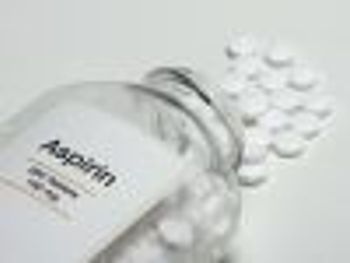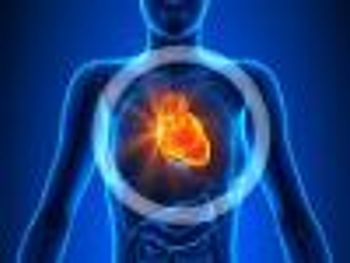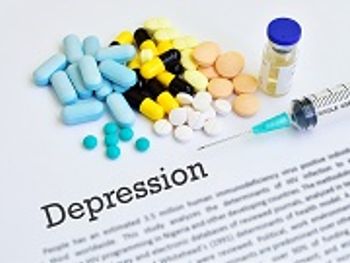
As a result of the agreement, Teva is licensed to launch a generic version of liraglutide (Victoza, Novo Nordisk) as of December 22, 2023.

As a result of the agreement, Teva is licensed to launch a generic version of liraglutide (Victoza, Novo Nordisk) as of December 22, 2023.

Researchers at University of Texas Health Science Center at San Antonio studied 28,000 childhood cancer survivors to determine similarities in long-term effects for various chemotherapies.

The benefits of statin therapy for most people outweigh the risks.

During a recent panel discussion, 5 pharmacists and physicians raised key points about reducing the cost of managing nonvalvular atrial fibrillation (NVAF).

Janssen's Xarelto (rivaroxaban) is now indicated for reducing the risk of major cardiovascular events, such as death, myocardial infarction, and stroke, in people with chronic coronary or peripheral artery disease.

Daily aspirin did not reduce the occurrence of major cardiovascular events a study of more than 12,500 participants considered to be at risk, according to the results of the ARRIVE trial.

Serious vascular events in patients with diabetes can be prevented with aspirin use, according to results of the ASCEND (A Study of Cardiovascular Events iN Diabetes) trial, which were presented at the ongoing ESC Congress in Munich, Germany.

Daily aspirin did not reduce the occurrence of major cardiovascular events a study of more than 12,500 participants considered to be at risk.

The benefits of taking aspirin to prevent a second or subsequent cardiovascular event have been well established in previous studies but the effectiveness of taking aspirin to prevent a first cardiovascular event has been unclear, despite 30 years of randomized clinical trials.

Top news of the day from across the health care landscape.

HIV-associated cardiovascular disease is on the rise among individuals living with the virus, particularly in regions with limited resources.

A new research study, published in JAMA Cardiology, aimed to further confirm a previous correlation between asthma and atrial fibrillation (AF) and to determine if the degree of asthma control affected the risk of developing AF.

Some companies are recalling all lots of non-expired products that contain the ingredient valsartan supplied by a third-party.


Both negative and positive outcomes have been observed in studies.

Studies explore the efficacy and safety of anticoagulation for atrial fibrillation in hemodialysis.

Those who have been putting off making vacation plans or taking personal days should think again.

New study results show that this type of blood pressure measurement is a better predictor of mortality than in-clinic assessments.

Exactly how depression affects heart health remains unclear.

About 900,000 people are affected by VTE/ PE in the United States each year, and about 100,000 people die as a result, according to the CDC.

Ticagrelor is an orally administered drug that is a direct-acting antagonist of the P2Y12 receptor resulting in reduced platelet aggregation.

Over the years, a number of landmark clinical studies on the management of AF have been published, sharping how patients are treated. Here are 4 that every pharmacist should know about.

Over the years, a number of landmark clinical studies on the management of AF have been published, sharping how patients are treated. Here are 4 that every pharmacist should know about.

The latest DrugStats database list shows the medications with increasing numbers of prescriptions.

Clarithromycin (Biaxin) may increase the risk of heart problems and death among patients with cardiovascular disease.